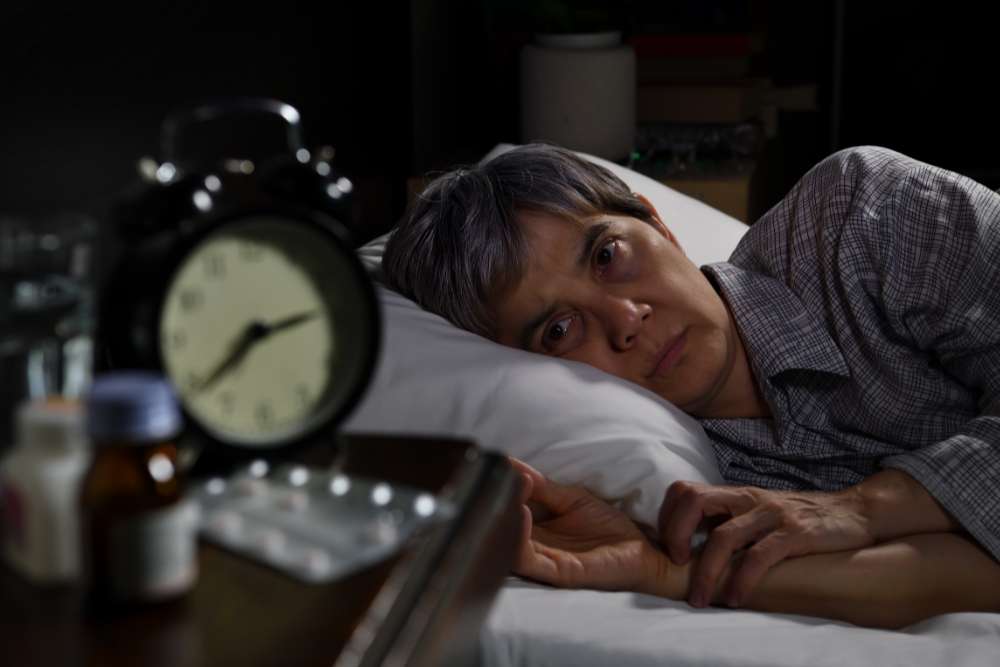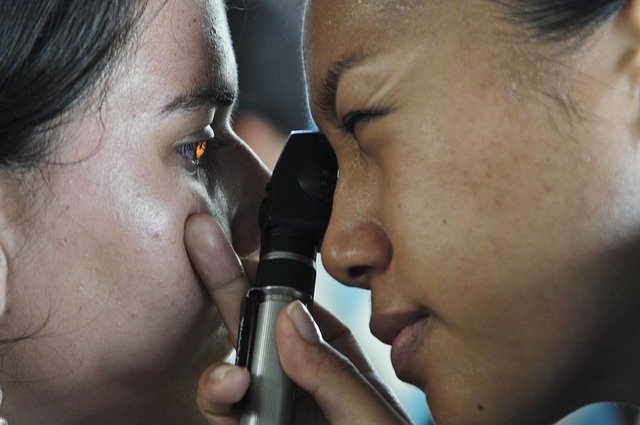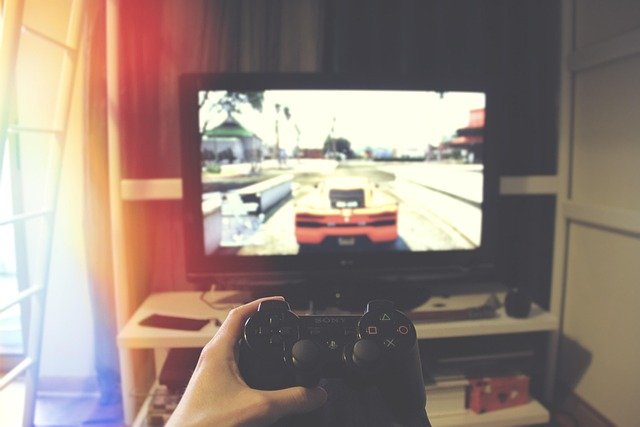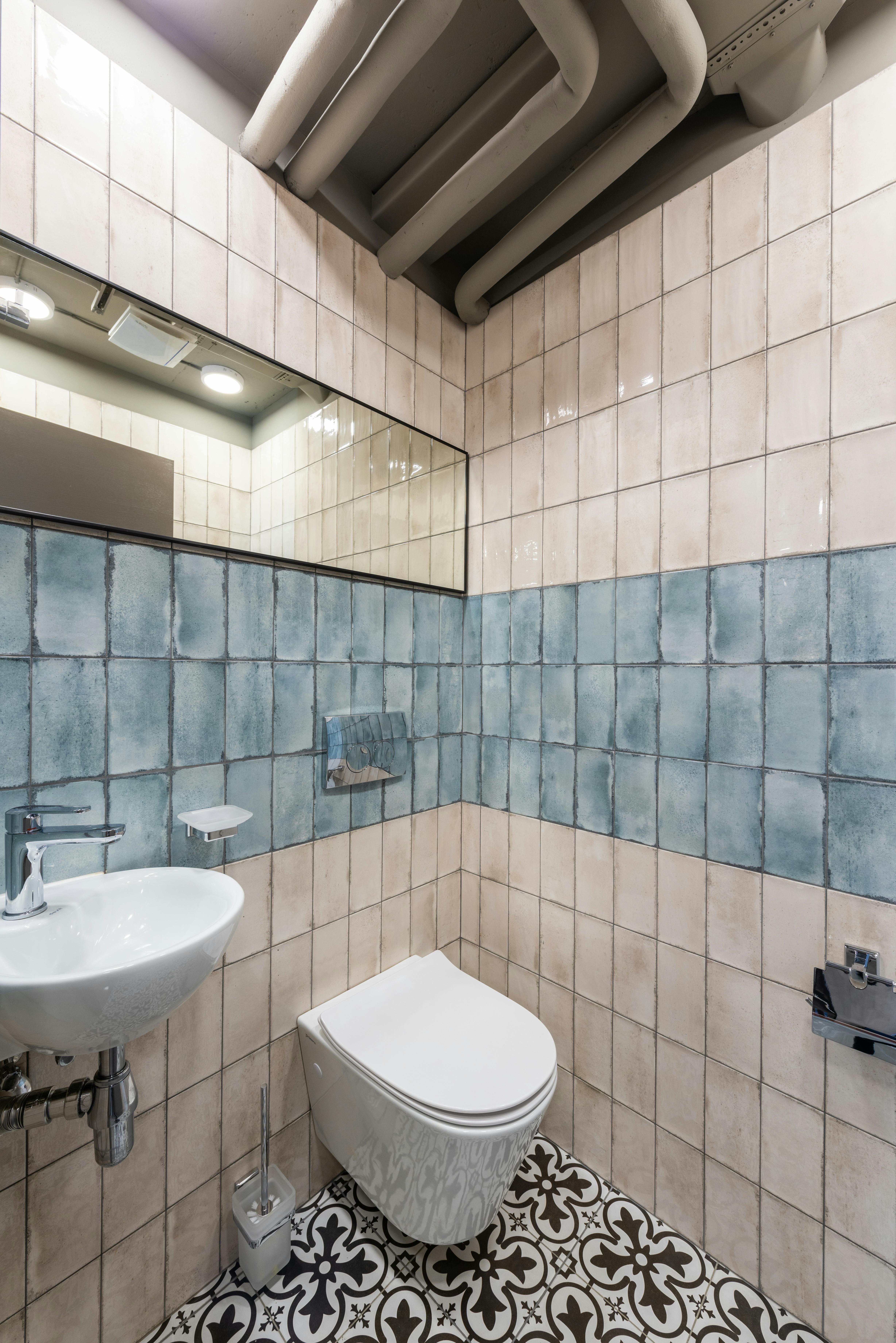Effective Approaches to Insomnia Treatment
Discover remedies that may help with insomnia and support a restful night. By exploring simple habits, calming techniques, and lifestyle adjustments, you can create an environment that encourages better sleep and promotes overall relaxation and well-being.

Remedies That May Help With Insomnia
Numerous natural remedies may provide relief for those struggling with insomnia. Herbal supplements like valerian root, chamomile, and lavender have long histories of traditional use for promoting sleep. Research suggests these herbs may have mild sedative effects by interacting with brain receptors involved in sleep regulation. Melatonin supplements represent another option, as this hormone naturally signals to your body that it’s time to sleep. Typically taken 30-60 minutes before bedtime, melatonin may help reset disrupted sleep-wake cycles, particularly for those experiencing jet lag or shift work disorder.
Magnesium-rich foods or supplements might also improve sleep quality, as this mineral plays a role in regulating neurotransmitters that calm the nervous system. Foods high in tryptophan—such as turkey, milk, bananas, and nuts—can support sleep by serving as precursors to serotonin and melatonin production. Additionally, essential oils like lavender, used in diffusers or applied topically after dilution, may create a more sleep-conducive environment through their calming aromatherapeutic properties.
Techniques to Reduce Insomnia and Improve Sleep Quality
Cognitive Behavioral Therapy for Insomnia (CBT-I) stands as one of the most effective non-drug treatments available. This structured program helps identify and replace thoughts and behaviors that cause or worsen sleep problems with habits that promote sound sleep. Components typically include sleep restriction (limiting time in bed to increase sleep efficiency), stimulus control (strengthening the association between bedroom and sleep), and relaxation training (reducing physical tension and mental activity).
Progressive muscle relaxation involves systematically tensing and then releasing muscle groups throughout the body, helping to reduce physical tension that can interfere with sleep. Deep breathing exercises—particularly the 4-7-8 technique (inhale for 4 seconds, hold for 7, exhale for 8)—can activate the parasympathetic nervous system, reducing stress and preparing the body for rest. Guided imagery and meditation practices can redirect attention away from racing thoughts, creating mental conditions conducive to falling asleep.
Body scanning, where attention is sequentially focused on different parts of the body while releasing tension, serves as another effective technique. Regular practitioners often report improved sleep onset and quality. For those with racing thoughts, scheduling “worry time” earlier in the day can help prevent bedtime rumination by addressing concerns before sleep attempts.
Sleep Hygiene Tips That May Help With Insomnia
Sleep hygiene encompasses daily habits and environmental factors that influence sleep quality. Maintaining consistent sleep and wake times—even on weekends—helps regulate your body’s internal clock. Creating a sleep-supportive bedroom environment involves managing temperature (typically 65-68°F/18-20°C is optimal), minimizing noise with earplugs or white noise machines, and eliminating light sources, including electronic device screens that emit sleep-disrupting blue light.
Dietary choices significantly impact sleep quality. Limiting caffeine intake, particularly after midday, prevents its stimulant effects from interfering with sleep. Similarly, reducing alcohol consumption, especially close to bedtime, avoids disruption of sleep architecture despite its initially sedating effects. Heavy meals within three hours of bedtime can cause digestive discomfort and acid reflux that interfere with sleep onset and maintenance.
Physical activity during the day—ideally completed at least three hours before bedtime—promotes deeper sleep by increasing sleep drive and reducing stress hormones. Establishing a consistent pre-sleep routine signals to your body that it’s time to wind down. This might include dimming lights, taking a warm bath, reading (avoiding electronic devices), or practicing relaxation techniques. Over time, these consistent cues help condition your body to transition more smoothly into sleep.
Medical Approaches to Insomnia Treatment
When lifestyle modifications and behavioral techniques prove insufficient, medical interventions may be considered. Prescription medications for insomnia include benzodiazepine receptor agonists (such as zolpidem, eszopiclone, and zaleplon), which enhance the effects of the inhibitory neurotransmitter GABA. Orexin receptor antagonists like suvorexant work differently by blocking brain chemicals that keep you alert. Antidepressants with sedating properties, particularly trazodone and doxepin, are sometimes prescribed off-label for insomnia.
While effective in the short term, prescription sleep medications carry risks of dependence, tolerance, and side effects like daytime drowsiness or cognitive impairment. For this reason, they are typically recommended for short-term use while addressing underlying causes or developing non-pharmacological strategies. Over-the-counter sleep aids containing antihistamines like diphenhydramine provide another option but may cause morning grogginess and lose effectiveness with regular use.
For patients with specific sleep disorders underlying their insomnia—such as sleep apnea, restless legs syndrome, or periodic limb movement disorder—targeted treatments addressing these conditions may resolve sleep difficulties. This highlights the importance of proper diagnosis through sleep studies or specialist consultations in cases of persistent insomnia.
Integrative Approaches for Comprehensive Insomnia Management
The most effective insomnia treatment often combines multiple approaches tailored to individual needs. Many sleep specialists recommend beginning with CBT-I and sleep hygiene improvements before considering medication. Digital therapeutic programs have emerged offering structured CBT-I through smartphone applications, increasing accessibility to this evidence-based approach. Additionally, mind-body practices like yoga and tai chi combine physical activity with stress reduction, potentially addressing multiple factors contributing to insomnia.
Working with healthcare providers to identify and address underlying medical conditions—including chronic pain, gastrointestinal disorders, hormonal imbalances, or mental health concerns—remains crucial for comprehensive treatment. The patient-provider relationship should emphasize collaborative decision-making about treatment options, considering factors like treatment preferences, past experiences, comorbid conditions, and lifestyle constraints when developing personalized approaches to improving sleep quality.
This article is for informational purposes only and should not be considered medical advice. Please consult a qualified healthcare professional for personalized guidance and treatment.




